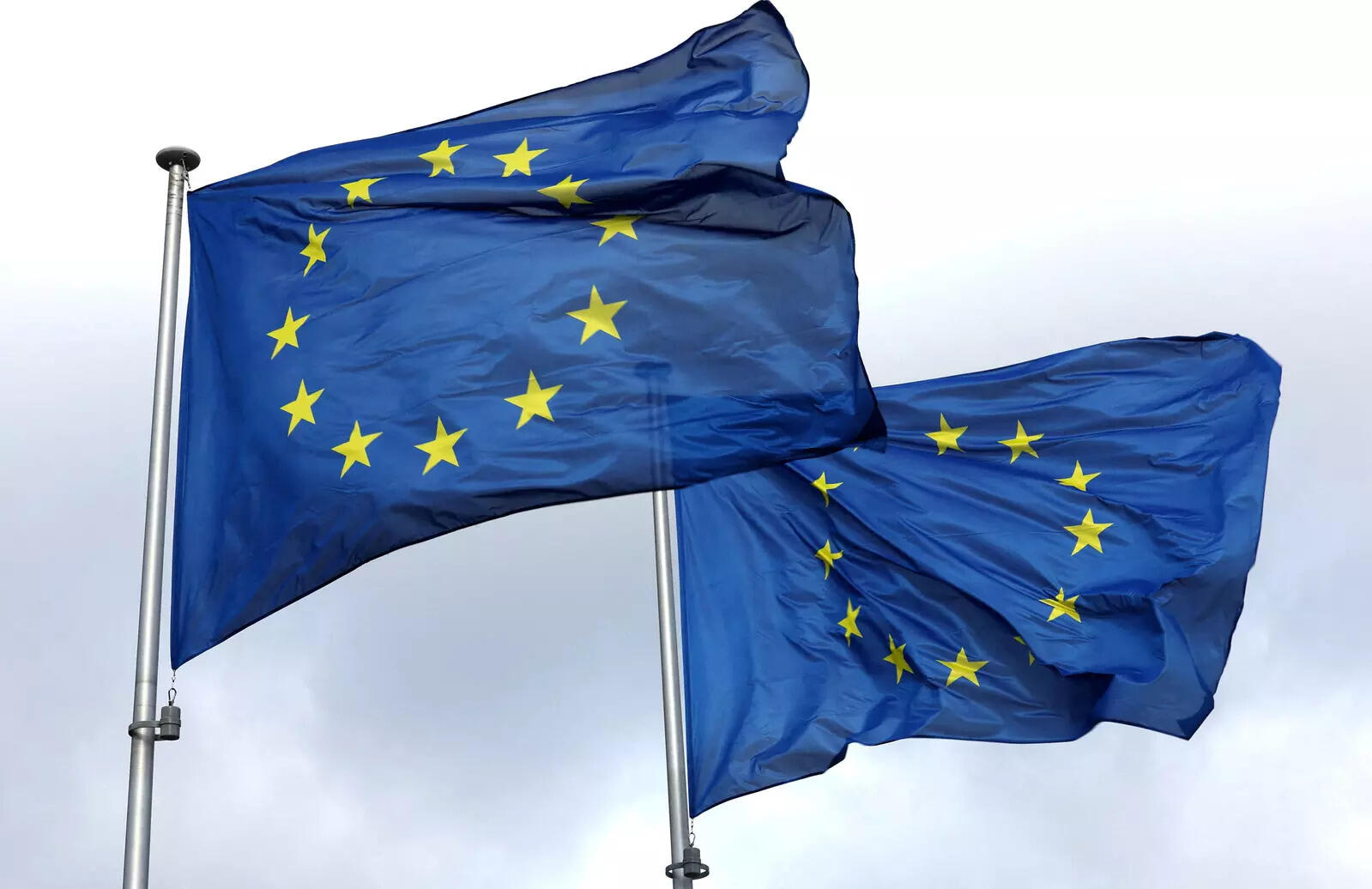
The European Commission published rules on Monday that could allow some hydrogen produced in nuclear-based energy systems to count towards EU renewable energy goals, signalling a win for pro-nuclear France.
Hydrogen is central to Europe’s plans to decarbonise heavy industry, and the rules aim to incentivise investors and industries to shift from hydrogen produced from fossil fuels, to hydrogen produced instead from renewable electricity.
The question of what the European Union will count as “renewable” has fuelled a dispute in recent months between France and countries such as Germany who say nuclear-based fuels should not be included.
After a months-long delay amid lobbying from capitals, Brussels has now set out three types of hydrogen that will count towards the renewable targets.
These include hydrogen from production facilities directly connected to a new renewable electricity generator, and those that take grid power if the local electricity zone had more than an average 90% share of renewable power in the last year.
Facilities can also take grid power in regions that meet a low CO2 emissions limit – potentially based on nuclear – so long as the producer also signs a long-term power purchase agreement (PPA) with a renewable electricity provider in their region.
Requiring producers to either directly use newly installed renewable power or sign a PPA to support new local renewable energy projects is aimed at stopping hydrogen producers sucking up existing renewable electricity capacity, which could risk driving up fossil fuel generation to meet overall energy demand.
EU countries and lawmakers have two months to object to the rules, or they will enter into force.
The row between countries over nuclear-based hydrogen has already delayed negotiations on the EU’s new renewable energy targets, which are due to resume on Tuesday.
Also Read:
